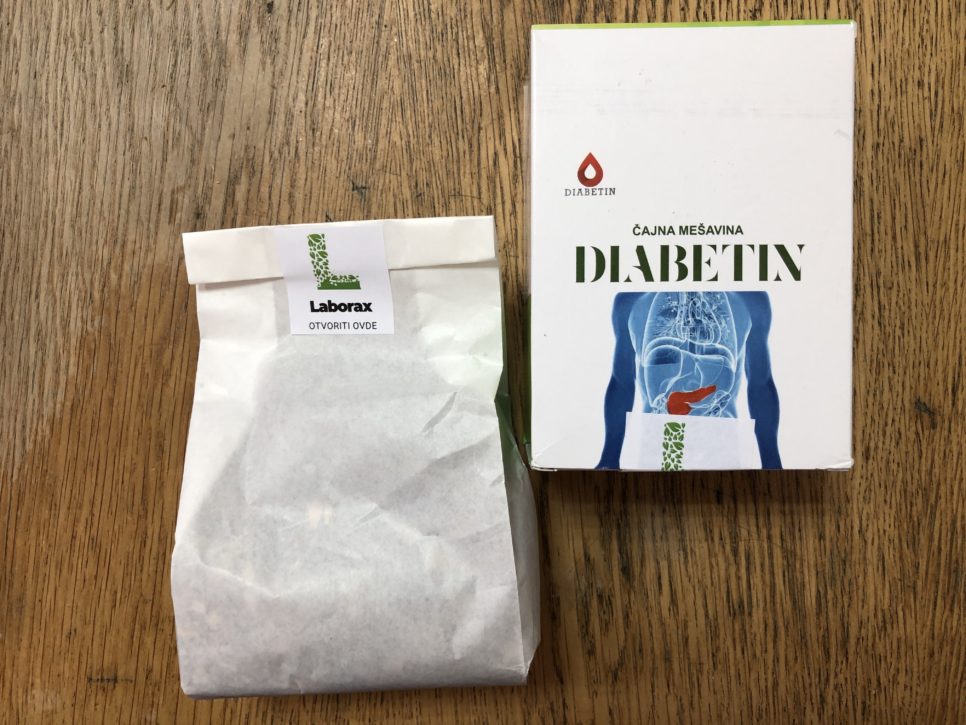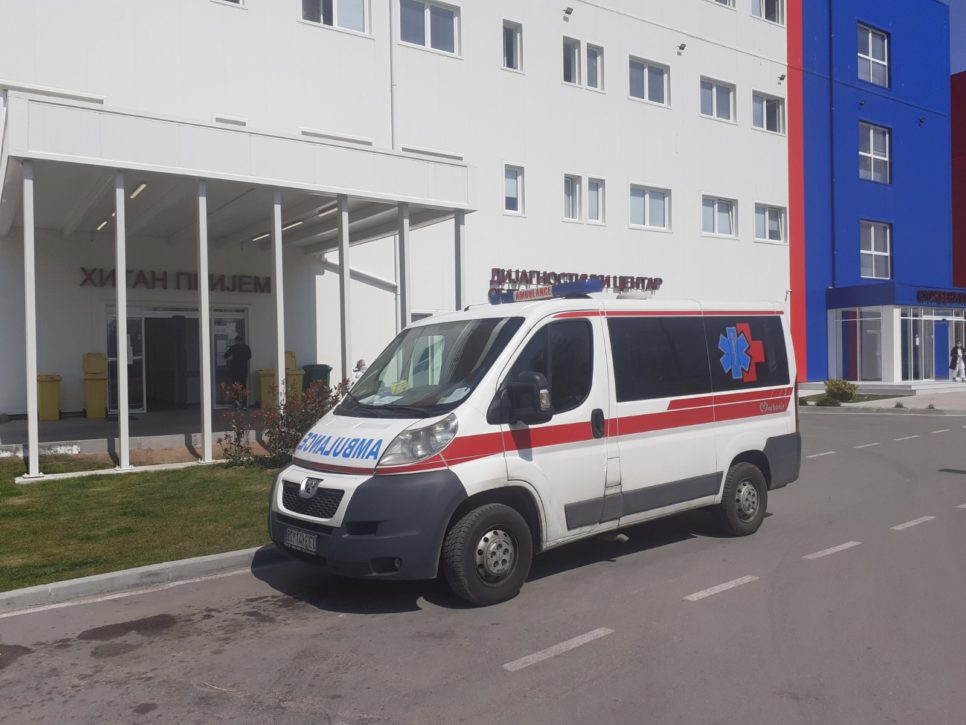The Center for Investigative Journalism of Serbia (CINS) recently published official data on the number of medical ventilators received from the Institute of Public Health of Serbia Dr. Milan Jovanović Batut. There is little official data available on the subject that is publicly talked about a lot during coronavirus spread, and even when data are presented, in most cases the one who unveils them is Serbian President Aleksandar Vučić.
That is why CINS journalists attempted to go further and find out from the 103 health care institutions on Batut’s list what the situation regarding ventilators is like today – how many are being used, how many are available and whether they have gotten some new ones in the meantime.
Out of the total number of hospitals, health centers, institutes and clinics we called in the last two days, we managed to get in contact with 89, with representatives of most of them refusing to talk about ventilators. Just over a third, 37 to be specific, told us to address the Ministry of Health, Provincial Secretariat for Health Care or the Batut Institute for this information.
Out of the 31 health care institutions that did give us some information on ventilators, in 11 cases the data differed from those contained in Batut’s report – the institutions’ representatives either claim that there are more or fewer ventilators than what was stated in the report.
The director of the Vrbas Health Center, Jasmina Assi, told us they had four ventilators, whereas Batut’s report says they have three. When asked how many were available, she replied that patients did not stay at the Health Center.
“We are a hospital institution that transports patients with respiratory instability to an institution of a higher level, i.e. secondary and in this case tertiary as well,” said Assi.
Jovo Komazec, director of the Health Center in Inđija, says that even though the Batut report states that they have one ventilator, they actually do not have any.
“The fact that they wrote ‘one’, those who took inventory, they wrote down ventilator instead of inhaler,” explains Komazec.
“Ninety percent of ventilators are in use every day, complex patients are treated who are urgent and who require immediate treatment” – Institute for Cardiovascular Diseases Dedinje.
As for the Prokuplje General Hospital, the Batut report says the hospital has three ventilators in total and that all three are operational. However, representatives of this hospital told us that they actually had four ventilators, but that one was being repaired.
The other 20 institutions confirmed the data they had given Batut. One of them is Katarina Lazić, a doctor at the Institute of Neonatology:
“The Institute of Neonatology has 21 ventilators, two of which are transport ventilators. All the ventilators are neonatal, i.e. envisaged for applying mechanical ventilatory support in newborns. The number of occupied, i.e. available ventilators is variable and a report is delivered to the competent services on a daily basis,” says Lazić.
At a press conference a few days ago, Serbian President Aleksandar Vučić said that out of the existing ventilators, 1,008 according to his information, just 400 were available, i.e. they were not being used by other, non-coronavirus patients. He also announced that the number would be increased by the procurement of 352 new ventilators.
The fact that many ventilators are currently being used can also be guessed based on the data CINS obtained by contacting hospitals and health centers nationwide.
Milovan Bojić, health minister during the rule of Slobodan Milošević and current director of the Institute for Cardiovascular Diseases Dedinje, says that out of the 30 ventilators at the Institute, just two days ago more than 20 had been in use. Anesthesiologist and assistant director Dragana Unić Stojanović confirmed this:
“Ninety percent of ventilators are in use every day, complex patients are treated who are urgent and who require immediate treatment.”
Director Bojić added that two of the total number of ventilators were on their last legs.
Silence of Institutions
As many as 58 institutions refused to answer or, most frequently, told us to address the Ministry of Health or the Provincial Secretariat for Health Care.
At the General Hospital in Subotica, where a public procurement procedure for the urgent repair of ventilators was launched on March 18, representatives declined to provide any information, but rather told us that all information for the media went through the Ministry of Health or the Provincial Secretariat.
Branko Lukić, director of the General Hospital in Petrovac na Mlavi, first told CINS that they were banned from disclosing such information, and then corrected himself and said that it was not a ban but the official stance of the entire health care sector.
“Everything you want to know about coronavirus, this infection, the disease and that technical equipment, the Ministry provides information on all that,” Lukić explained.
We got a similar reply from the General Hospital in Smederevo, while representatives of the Negotin hospital told us to address, besides the Ministry, the Institute of Public Health Timok.
“During a state of emergency, the directors of institutions do not disclose such information,” Negotin General Hospital representatives told CINS.
Director of the Health Center in Sremska Mitrovica Miroslava Ševo pointed out that she only gave statements to the Provincial Secretariat.
“You can contact them, we do not give any statements,” added Ševo.
Nevertheless, neither the Ministry nor the Provincial Secretariat answered the questions we sent them.
There were some who did not direct us toward other state institutions, but still refused to give any information. The person who answered the phone at the Health Center in Čajetina told us that “it is well known who gives such information to journalists.” When we asked whom we should contact, they hung up.
Some health care institutions requested that we send them our questions in an e-mail, some asked that we do so by mail, while others promised that someone would get back to us, but that did not happen.





What do you think